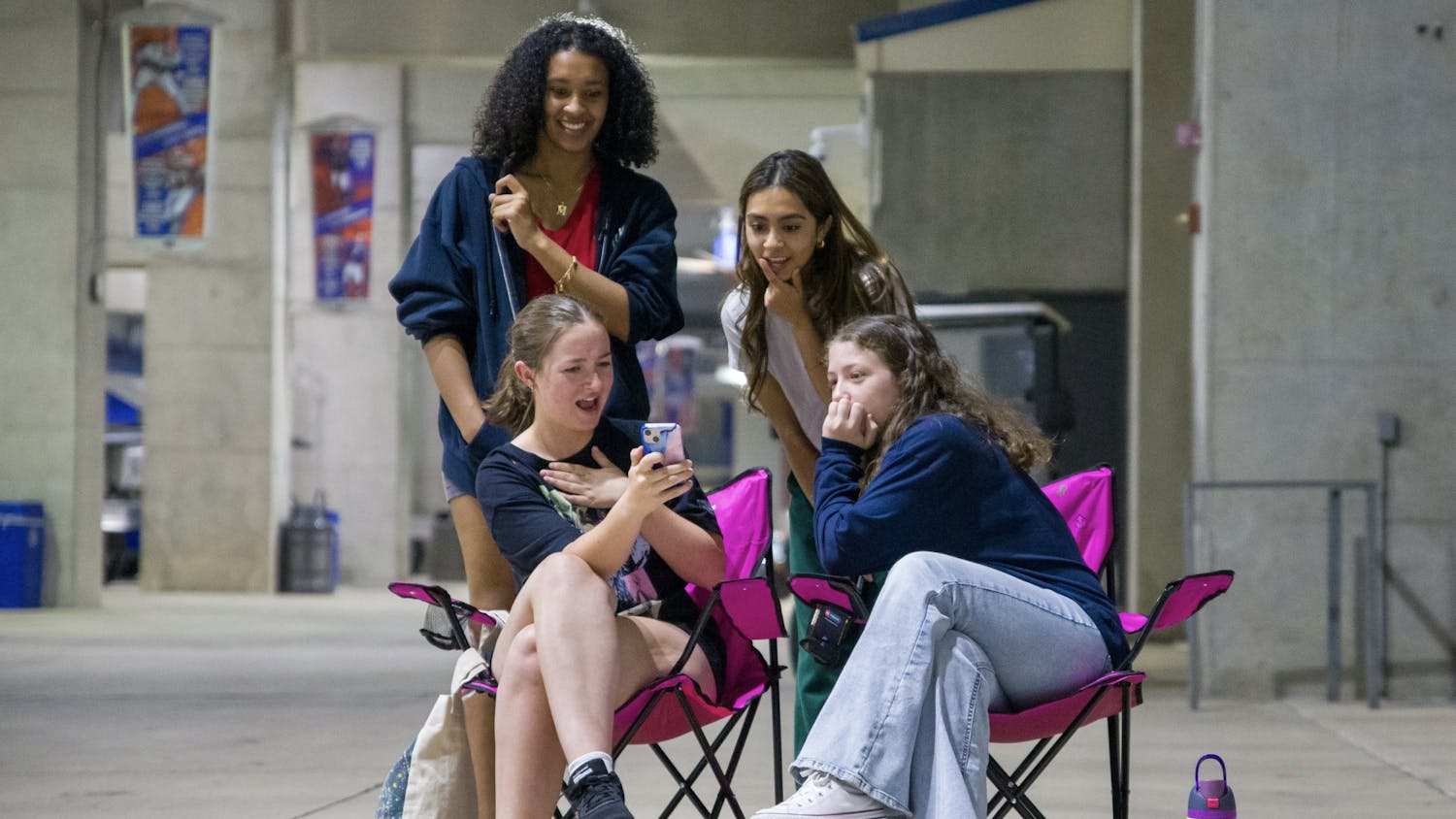A new study conducted by UF scientists has discovered how fossils can replicate lost biodiversity caused by human impact.
The study reconstructs the ancient food web of the Bahamian Island of Abaco, home to the endangered Cuban crocodile and the now-extinct Albury’s tortoise.
In the study, sponsored by the National Science Foundation and National Geographic Society, scientists analyzed the types of carbon and nitrogen in the well-preserved fossil bones.
“My role in the study was to help the team construct ancient food webs by understanding stable isotope ratios of carbon and nitrogen, which mirror the foods that animals eat,” said John Krigbaum, UF anthropologist and co-author for the study.
Knowing about past food webs provides information about how species survive, Krigbaum said.
The data from the study revealed that the crocodile and tortoise were both terrestrial, indicating reptiles were the dominant creatures on Abaco.
The dominant reptiles demonstrated the energy flow through island ecosystems is slower paced than in continental ones, said David Steadman, Florida Museum of Natural History ornithology curator and study co-author.
“This helps to explain why islands experience so much extinction once non-native mammals arrive,” he said.
[A version of this story ran on page 3 on 9/25/2014 under the headline "Fossils reveal food webs"]





